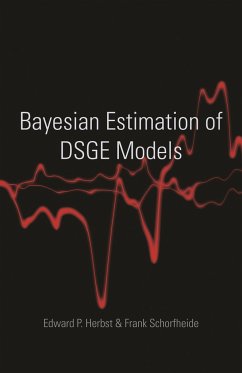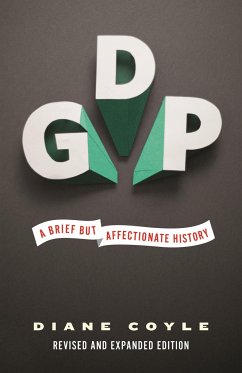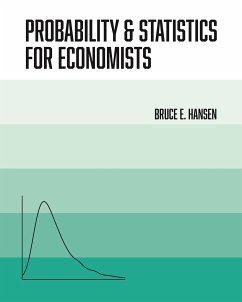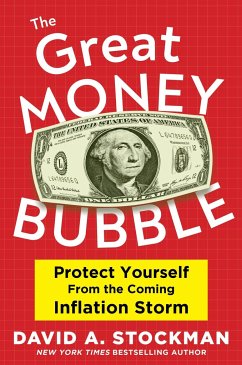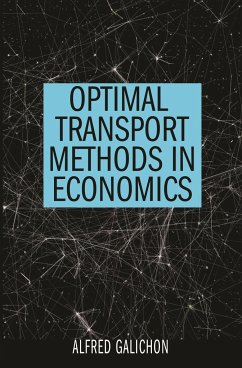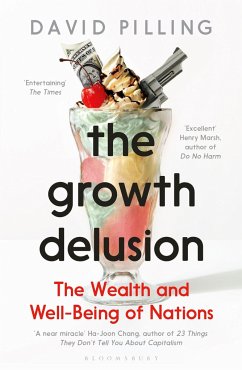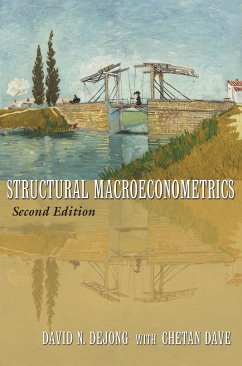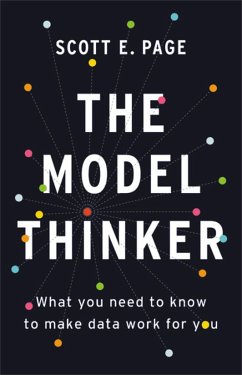
Versandkostenfrei!
Versandfertig in 2-4 Wochen

PAYBACK Punkte
17 °P sammeln!




Why do we use eighty-year-old metrics to understand today's economy?
Diane Coyle is the Bennett Professor of Public Policy at the University of Cambridge. She is the author of Cogs and Monsters: What Economics Is and What It Should Be, GDP: A Brief but Affectionate History (both Princeton), and many other books.
Produktdetails
- Verlag: Princeton University Press
- Seitenzahl: 320
- Erscheinungstermin: 1. April 2025
- Englisch
- Abmessung: 237mm x 157mm x 31mm
- Gewicht: 698g
- ISBN-13: 9780691179025
- ISBN-10: 0691179026
- Artikelnr.: 71231969
Herstellerkennzeichnung
Libri GmbH
Europaallee 1
36244 Bad Hersfeld
gpsr@libri.de
Für dieses Produkt wurde noch keine Bewertung abgegeben. Wir würden uns sehr freuen, wenn du die erste Bewertung schreibst!
Eine Bewertung schreiben
Eine Bewertung schreiben
Andere Kunden interessierten sich für


